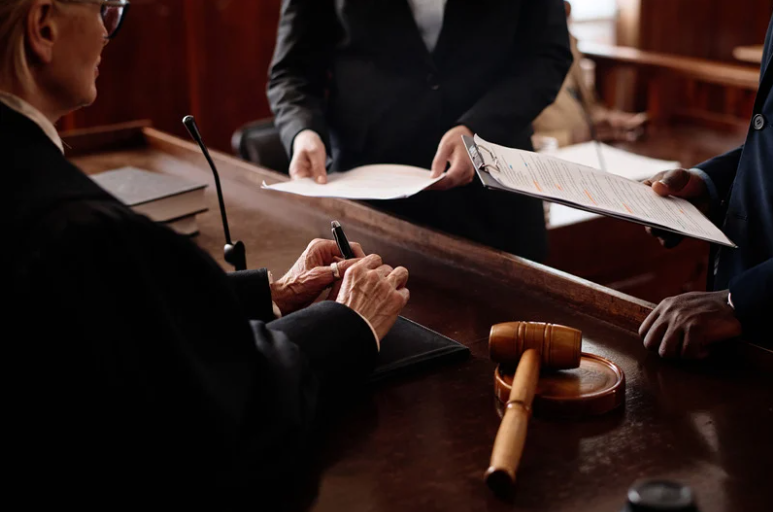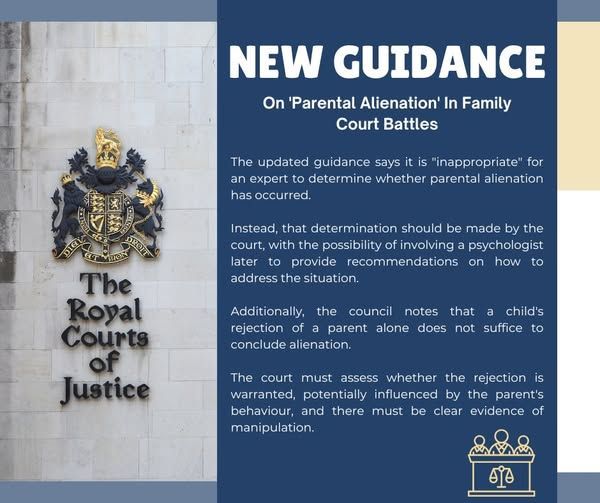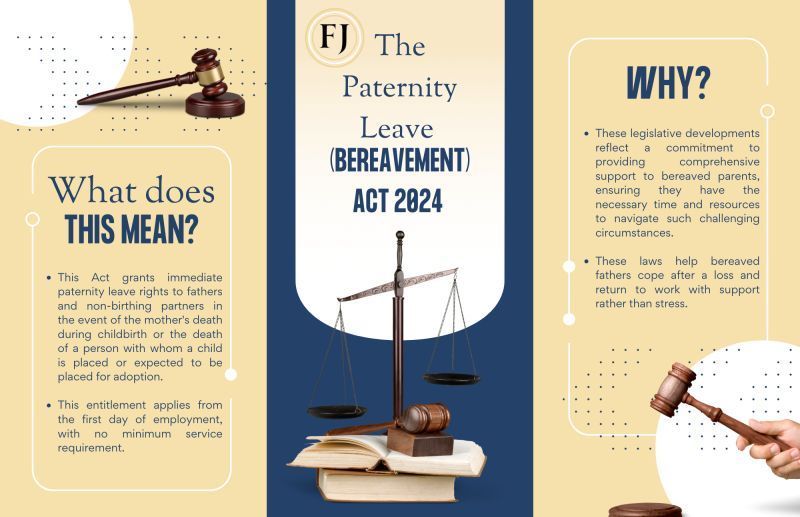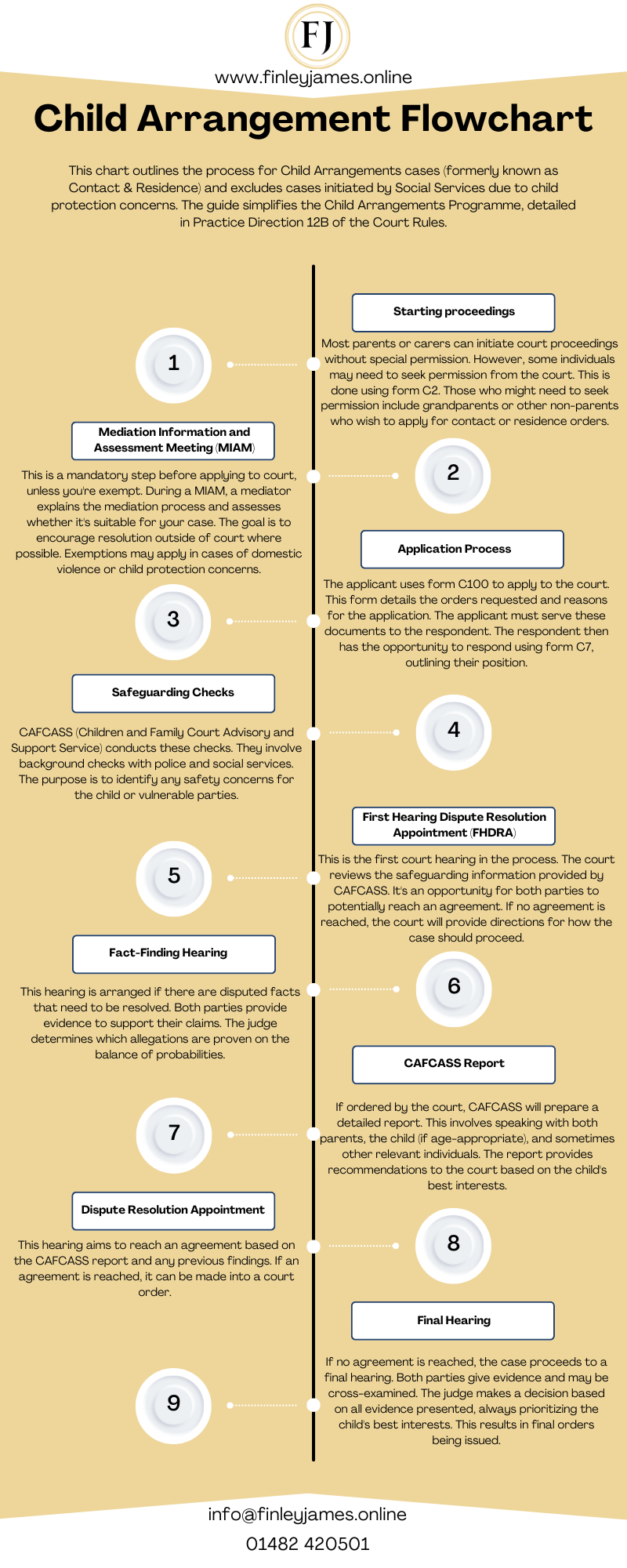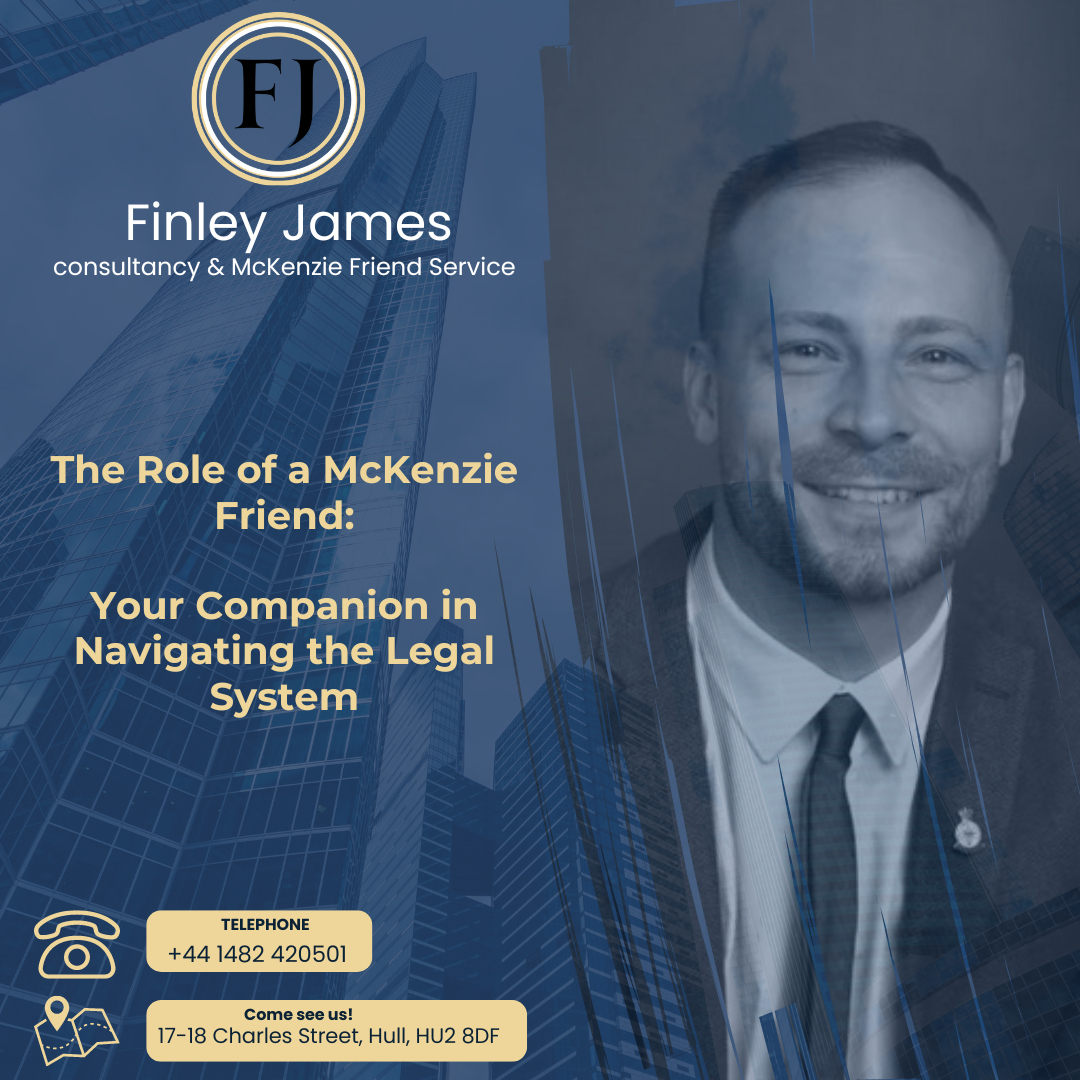Demystifying The Section 7 Report
Watch Our Video
Demystifying The Section 7 Report
So What Is A Section 7 Report?
A Section 7 report, named after Section 7 of the Children Act 1989 in England and Wales, is a comprehensive assessment conducted by a court-appointed expert to provide the court with vital information and recommendations regarding a child's welfare during family law proceedings. This is often carried out by a qualified social worker or a CAFCASS (Children and Family Court Advisory and Support Service) officer. The primary purpose is to provide the court with expert information and assessments regarding the child's circumstances, needs, and best interests.
Who Can Request A Section 7 Report?
Various individuals within the legal process can request a Section 7 report, depending on jurisdiction:
- The Court: The presiding judge can order this report to gather essential information for custody, visitation, or other decisions.
- Guardian ad Litem: Appointed to represent the child's interests, they can request a Section 7 report.
- Child's Solicitor/Lawyer: If the child has separate legal representation, their solicitor may request this report.
- Either Parent: Either parent involved in proceedings can request a Section 7 report if they believe it would aid the court's decision-making.
Who Writes A Section 7 Report?
The report is typically prepared by:
- Social Worker
In many cases, social workers employed by local authorities or by CAFCASS are responsible for conducting Section 7 reports. Social workers have specialized training in child welfare, safeguarding, and family dynamics. They are skilled at conducting assessments and interviews to gather relevant information about a child's circumstances.
- CAFCASS Officers
CAFCASS officers are appointed by the court to represent the interests of children in family court proceedings. They may be tasked with conducting Section 7 reports to assess the child's welfare and provide recommendations to the court based on their findings.
- Other Qualified Professionals
In certain circumstances, other qualified professionals may be appointed by the court to conduct Section 7 reports. This could include psychologists, therapists, or counsellors with expertise in child development and family dynamics.
Regardless of the specific professional conducting the report, they are expected to be independent and impartial. The role of the expert is to gather information objectively, assess the child's welfare needs, and provide unbiased recommendations to assist the court in making decisions in the best interests of the child.
What Does A Section 7 Report Contain?
The report typically covers various aspects related to the child's welfare, such as their relationship with each parent or guardian, their living arrangements, their educational and emotional needs, and any other relevant factors affecting their well-being. The expert conducting the report will usually interview the child (if appropriate based on their age and maturity), both parents or guardians, and any other relevant individuals involved in the child's life, such as teachers, healthcare professionals, or family members. Based on their investigation, the expert will make recommendations to the court regarding issues such as custody, visitation arrangements, or other matters affecting the child's welfare.
The expert assesses various factors including:
- The child's wishes and feelings (considering their age and understanding).
- The nature of the child's relationship with each parent or caregiver.
- Each parent's ability to meet the child's needs, including practical care and emotional support.
- Any risks or safeguarding concerns that may affect the child's welfare.
How Long Does It Take?
The Court usually sets a timescale of 12-16 weeks for the report to be concluded. The deadline for submission of the report to the Court will be specified in the Order. In general, parties involved in the case should be prepared for the process to take several weeks. It's important to communicate with the professionals involved and follow any instructions or requirements set by the court to ensure that the report is completed in a timely manner. If there are concerns about delays or if the timeline is impacting the case, parties can raise these issues with the court or their legal representatives for guidance.
What Happens After A Section 7 Report
The usual process of the court is that once you and the other parent receive the section 7 report, you have the opportunity to write a position statement allowing you the opportunity to review the findings and respond before the court makes any final decisions regarding the child's welfare. The court will also arrange a short negotiation hearing called a Directions Resolution Appointment.
Court Consideration:
The Section 7 report serves as crucial evidence for the court when making decisions about child arrangements, custody, visitation rights, or other matters concerning the child's welfare. The court considers the report alongside other evidence to ensure that decisions are made in the child's best interests.
In summary
A Section 7 report is written by a qualified and court-appointed professional, such as a social worker or CAFCASS officer, who conducts assessments, interviews, and investigations to gather information about a child's welfare and provides expert recommendations to assist the court in making decisions related to the child's best interests in family law proceedings.
